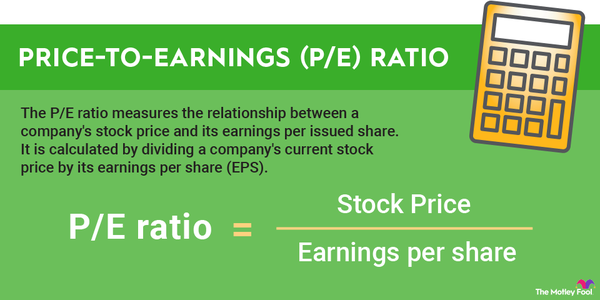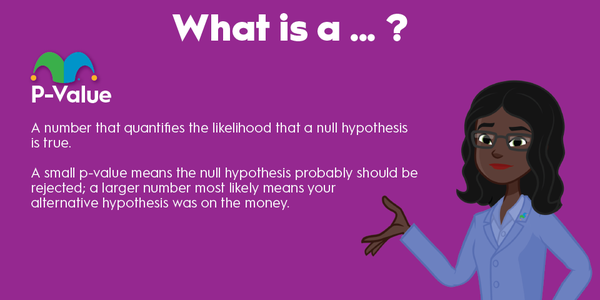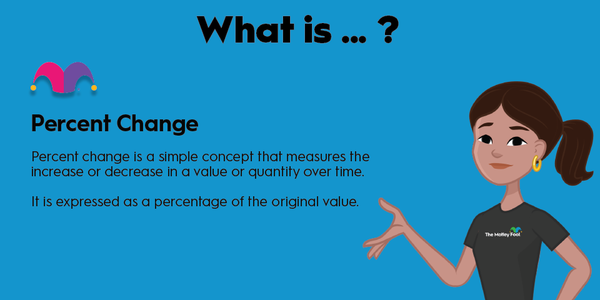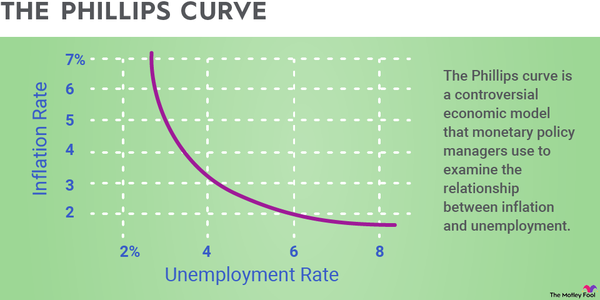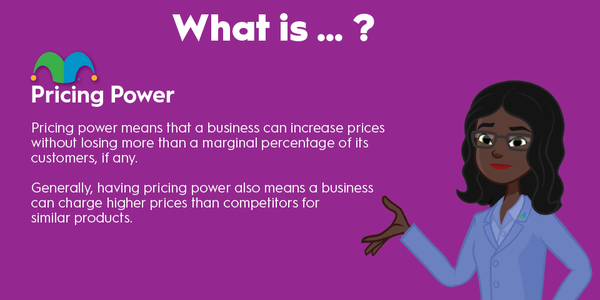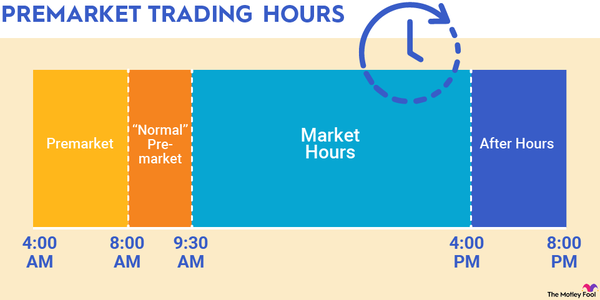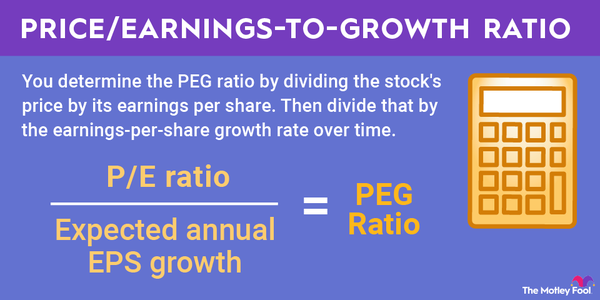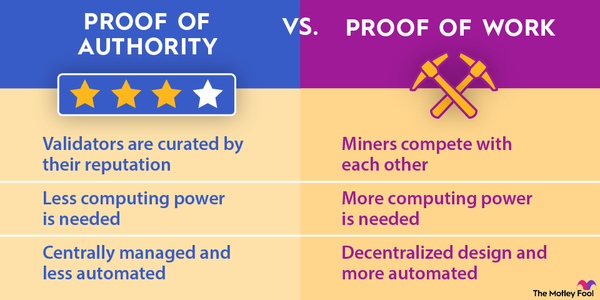Before you invest in a company, it's important to understand the makeup and focus of its business. While some companies take a diversified approach and operate in a variety of industries, others are pure plays and focus on only one key category.
What is a pure play?
What is a pure play?
In investing, a pure play is a company concentrated on one particular area of business rather than operating in multiple industries. For example, a business producing only lumber supplies would be a pure play in that field.

Why is it important to know whether a company is a pure play?
Why is it important to know whether a company is a pure play?
It's essential to understand whether a company is a pure play or diversified across industries before you invest in it. Having a solid grasp on how a company makes its money will give you a better chance of determining whether its stock is likely to be a good investment.
Pure-play companies are concentrated in just one industry and, if successful in their specialized fields, can deliver wins for investors. Further, because they are focused on just one field, pure-play companies can be easier to understand and analyze. There are fewer variables involved.
By contrast, it's important to understand each industry in which a diversified company is active. When it comes to diversified companies, it's necessary to consider their operations, opportunities, and risks across the various industries it participates in.
It's also important to understand the company's revenue breakdown by industry. If the industry or product category you want to invest in accounts for a relatively small portion of that company's sales, it may not make sense to buy its stock.
What are the advantages and disadvantages of pure-play companies?
What are the advantages and disadvantages of pure-play companies?
If you're looking to take advantage of a rising trend, investing in a company that's a pure play in that category can give you the best chances of seeing explosive returns. A pure-play company that finds consistent success in its industry is likely to deliver strong performance for investors. On the other hand, a greater amount of risk is involved if this hot new trend or business initiative doesn't succeed.
Compared to a pure play, a diversified company will be better positioned to handle underperformance in a given category because it has other sources of business. But individual successes can also be negated by other areas of the business.
Even if a diversified company succeeds in a particular category you want to invest in, its overall business and stock results might still be underwhelming due to its performance in other categories.
An example of a pure play versus a diversified company
An example of a pure play versus a diversified company
Take-Two Interactive (TTWO -0.14%) is one of the largest and most influential pure-play companies in the video game industry. The company was founded in 1993 and is best known for hit series like Grand Theft Auto, Red Dead Redemption, and NBA 2K. Throughout its history of operation, the business has remained intensely focused on developing and publishing video games.
Rather than trying to branch into unrelated new business categories to drive growth, Take-Two has concentrated on its area of expertise. In general, this pure play's focus has worked out quite well for the company and its long-term shareholders.
By comparison, Microsoft (MSFT 0.59%) also has a strong position in the gaming industry but offers cloud services, productivity software, and a wide range of other software and hardware products. Video games make up a relatively small portion of the tech giant's hugely successful business, but its operations in the space help strengthen its overall product ecosystem.

